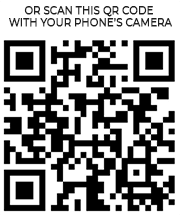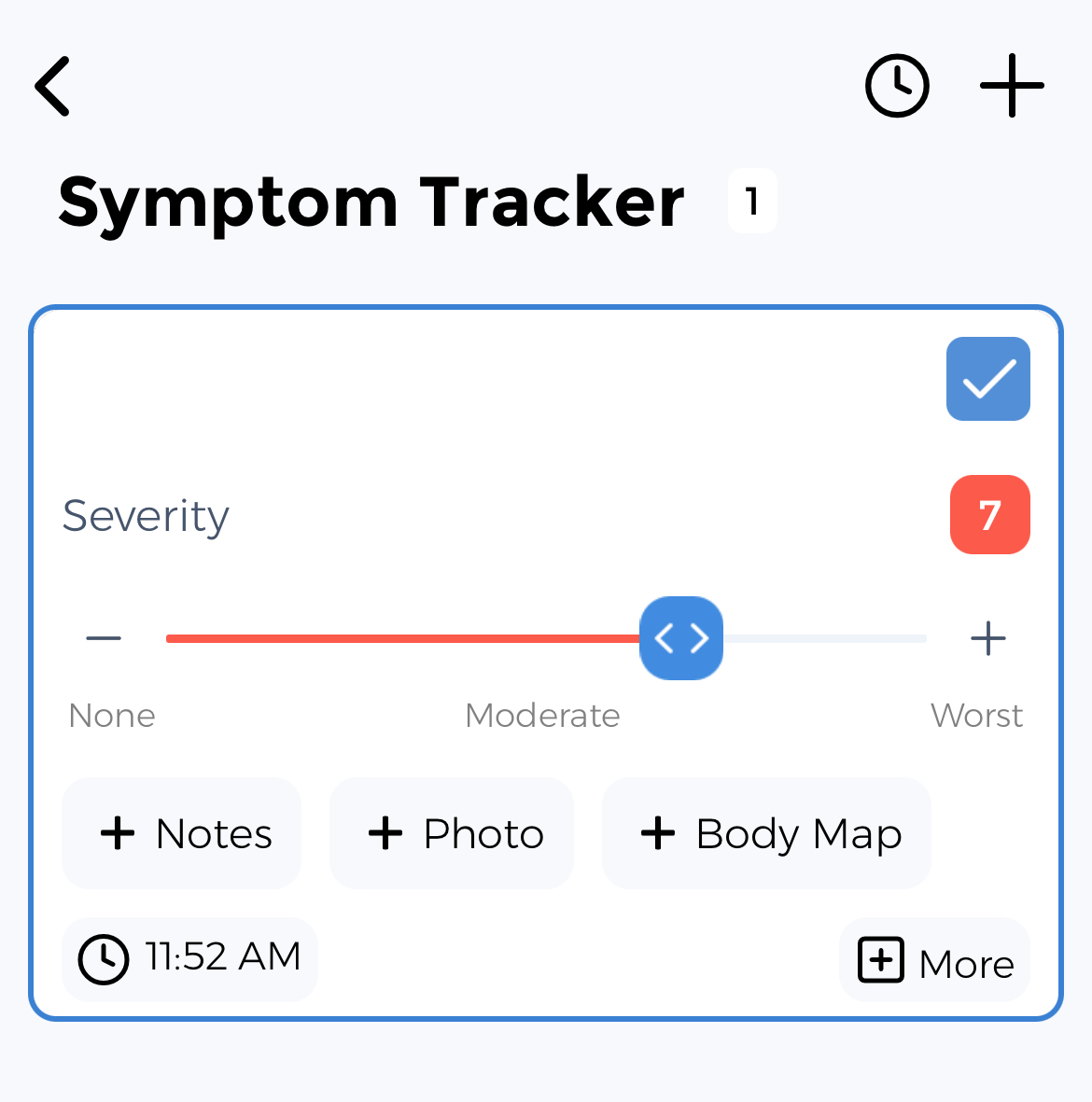Evans Syndrome Symptom Tracker: Your Health Assistant
Living with Evans Syndrome means dealing with fatigue, pallor, jaundice, and more. But here's the truth: Data is your most powerful tool. Every logged symptom reveals patterns—so you can take informed action.
Evans syndrome is a rare autoimmune disorder characterized by the simultaneous or sequential development of autoimmune hemolytic anemia (AIHA) and immune thrombocytopenia (ITP), sometimes with neutropenia. The body's immune system mistakenly attacks its own red blood cells, platelets, and occasionally white blood cells. Tracking blood count values, symptoms, and treatment responses helps manage this complex condition.
Key Evans Syndrome Symptoms You Should Track
Struggling with symptoms like these? Tracking them reveals patterns, triggers, and how they impact your daily life.
Fatigue
Pallor
Jaundice
Shortness of breath
Rapid heart rate
Easy bruising
Petechiae
Nosebleeds
Heavy menstrual periods
Blood in urine or stool
Enlarged spleen
Fever
Recurrent infections
Dizziness
Track Your Evans Syndrome Treatments
Tracking how these common treatments affect your symptoms can help you and your healthcare provider optimize your care plan:
Our tracker helps you monitor when you take medications and how they affect your symptoms over time.
Standardized Evans Syndrome Assessments
Complete these evidence-based assessments in the App to measure your severity and monitor your progress:
⚡ Knowledge Is Your Superpower
The difference between feeling overwhelmed by Evans Syndrome and feeling in control starts with data. When you track your symptoms, you transform uncertainty into clarity. Every data point brings you closer to understanding your unique patterns.
It's free to try for anyone—whether you're managing your own condition, supporting a child, helping an aging parent, or assisting a partner. Our tracker adapts to your specific role in the health journey.
How the CareClinic Evans Syndrome Symptom Tracker Adapts to Your Needs
Adults
Caregivers
Parents of Children
Young Adults
Your Complete Evans Syndrome Management Toolkit
Uncover Patterns & Insights
Map your Evans Syndrome symptoms like a detective solving a case.
Understand Your Medication's Impact
Turn guesswork into strategy. See how treatments affect your well-being with clear health insights.
Objectively Measure Your Progress
Use clinically validated tools to objectively measure your progress.
Other Tools You May Like...
Plus 6 more specialized tracking tools available
Access All Tracking ToolsAlso Supports Other Conditions Like
Autoimmune Hemolytic Anemia Tracker
Autoimmune Hemolytic Anemia warriors use our tracker to monitor fatigue, weakness.
Immune Thrombocytopenia (ITP) Tracker
Immune Thrombocytopenia (ITP) warriors use our tracker to monitor easy or excessive bruising (purpura), pinpoint-sized reddish-purple spots (petechiae).
Common Variable Immunodeficiency Tracker
Common Variable Immunodeficiency warriors use our tracker to monitor recurrent infections, chronic sinusitis.
Antiphospholipid Syndrome Tracker
Antiphospholipid Syndrome warriors use our tracker to monitor blood clots, stroke.
Success Stories from Our Community
"I appreciate how the tracker helps me manage multiple aspects of my Evans Syndrome. Using the blood count tracker revealed patterns in my dizziness I never noticed before, and it also helps me validate my experience with objective data."
"After my diagnosis with Evans Syndrome, I felt lost. This tracker became my guide. My blood in urine or stool always peaked 2 days after physical activity, and that knowledge alone made a huge difference."
Take Control of Your Evans Syndrome Journey
Transform from feeling like a passive patient to becoming an informed self-advocate. Join thousands who've discovered new insights about their condition.
Designed by people who understand the daily challenges of managing chronic conditions, we're here to support you and your ❤️ ones.
Download Your Evans Syndrome Tracker NowYour Data is Protected
Private & Secure
HIPAA Compliant
GDPR Compliant
Never Sell Data
Your data is yours: You get full control over who can view your information. CareClinic keeps all your data secure and encrypted.
References based on studies by:

